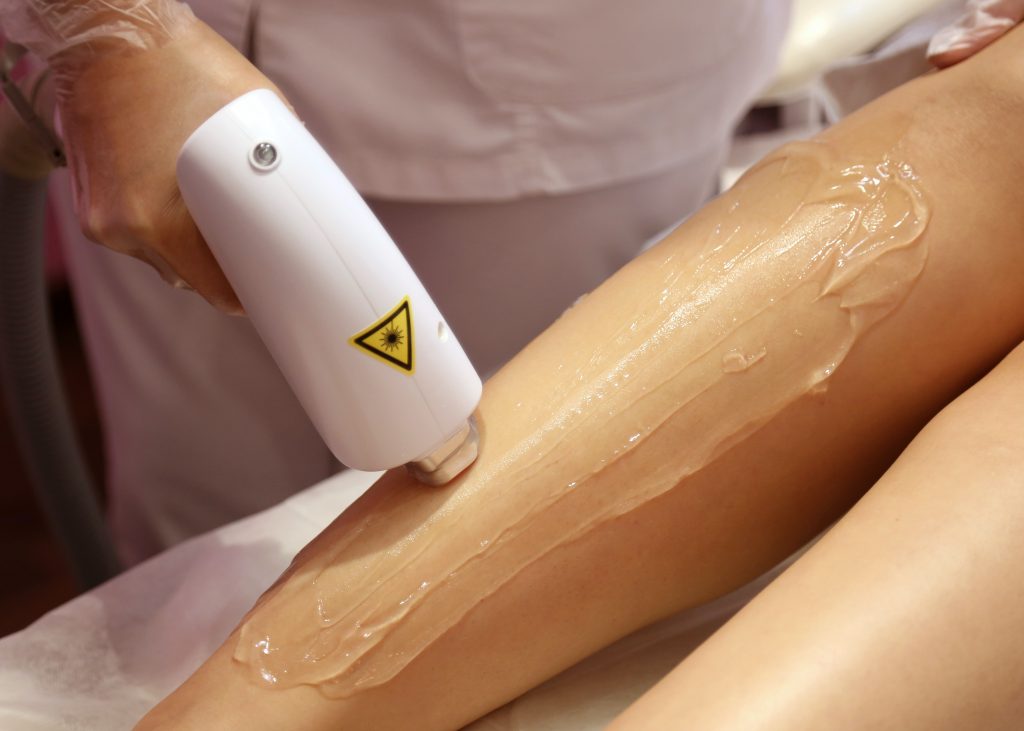
- Laser skincare treatments use focused light energy to target specific skin concerns: Laser skincare treatments involve the use of medical-grade lasers that emit intense light energy. This energy is focused on specific areas of the skin to address various concerns, such as acne scars, fine lines and wrinkles, pigmentation issues, vascular lesions, and unwanted hair.
- Different lasers are used for different skin concerns: There are various types of lasers used in skincare treatments, and each laser has its own unique properties and targets specific skin concerns. For example, ablative lasers are used for resurfacing the skin and treating deep wrinkles or scars, while non-ablative lasers penetrate the skin without removing the outer layer and are effective for collagen stimulation and mild skin rejuvenation.
- Laser treatments can require multiple sessions for optimal results: Depending on the severity of the skin condition being treated, multiple laser sessions may be required to achieve the desired results. The number of sessions can vary based on factors such as the type of laser used, the depth of treatment needed, and individual skin characteristics. It’s important to follow the recommended treatment plan provided by your dermatologist or skincare professional.
- Laser treatments may have temporary side effects: While laser treatments are generally safe and well-tolerated, they can cause temporary side effects. These can include redness, swelling, itching, and mild discomfort during or after the treatment. In some cases, there may be temporary changes in skin color, which usually resolve within a few weeks. It’s crucial to discuss potential side effects with your healthcare provider and follow post-treatment care instructions.
- Proper sun protection is crucial after laser treatments: Laser treatments can make the skin more sensitive to sunlight, so it’s essential to protect your skin from UV radiation after undergoing a laser procedure. This includes wearing broad-spectrum sunscreen with a high SPF, seeking shade during peak sun hours, and wearing protective clothing. Failing to protect your skin from the sun can increase the risk of complications and interfere with the desired outcomes of the treatment.
It’s important to consult with a qualified dermatologist or skincare professional to determine if laser skincare treatments are suitable for your specific skin concerns and to ensure a safe and effective treatment plan.
